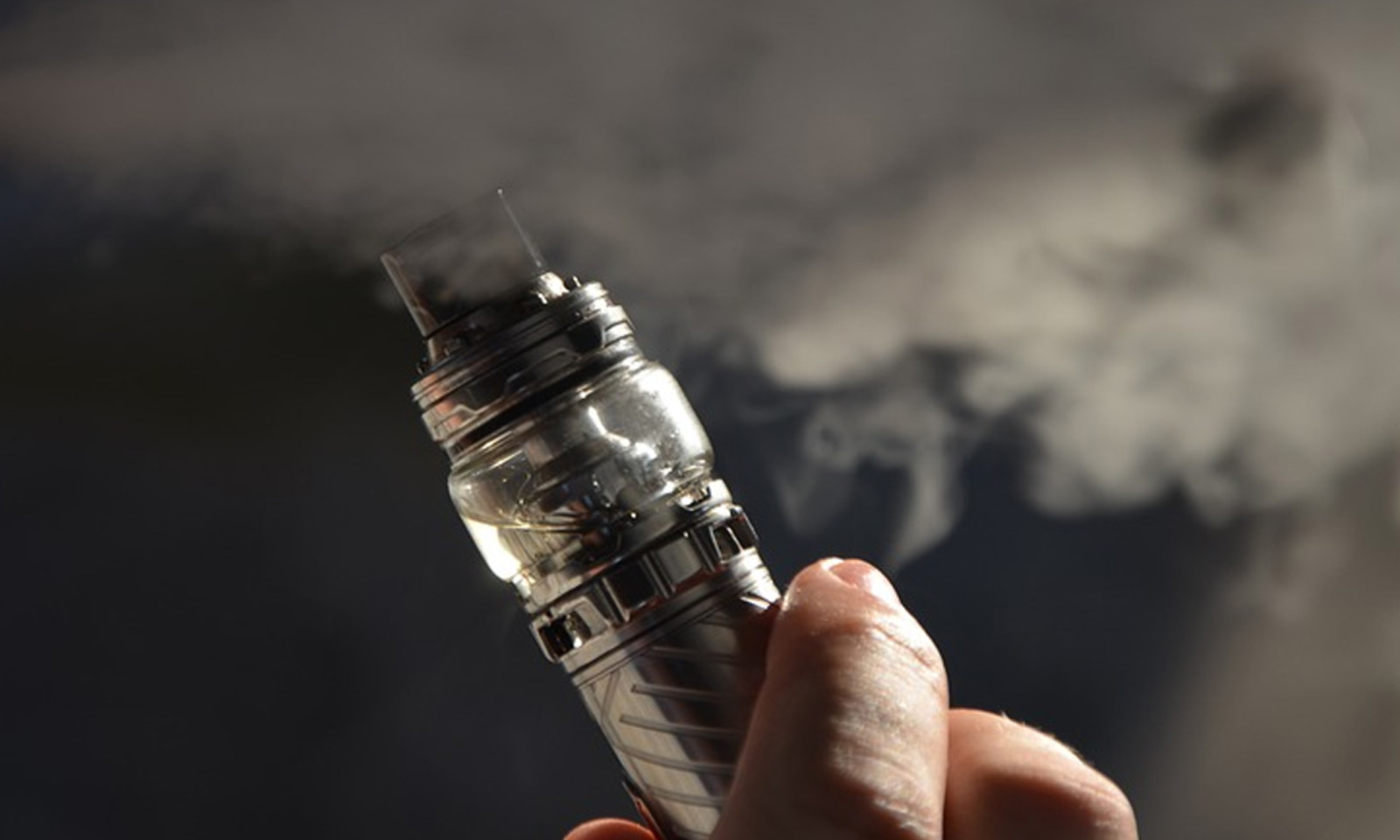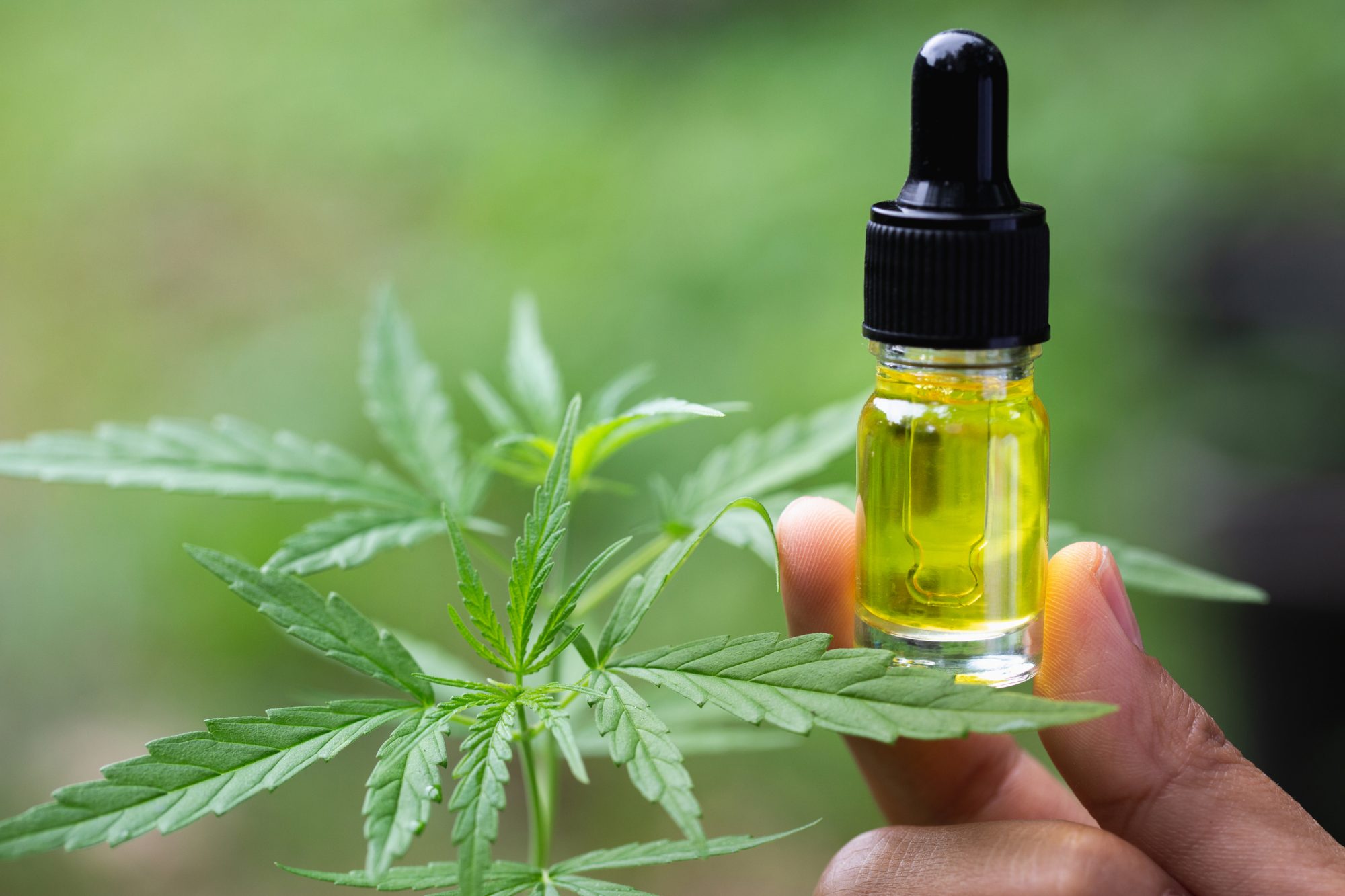Due to its many potential health benefits, CBD seems to be the leading wellness trend of our time. It is sold in a dizzying variety of products, including CBD oil, capsules, jellies, creams, e-liquids, and beverages.
However, despite growing awareness, CBD is still confusing to many. What is CBD? How is it different from THC? What Are the Benefits of CBD?
Here’s what you need to know about this promising herbal compound.
What is CBD?
CBD, short for cannabidiol, is a natural chemical present in cannabis. It is one of over 100 phytocannabinoids (cannabinoids from plants) that are the main active constituents of cannabis.
Unlike THC, a cannabinoid most of us have heard of, CBD is not a psychoactive substance. That is, they are not “excited” to allow people to reap the potential health benefits of cannabis without getting intoxicated.
Additionally, the World Health Organization concludes that UK CBD is “generally well tolerated with an excellent safety profile”, acknowledging its remarkable safety.
CBD products are sourced from hemp, a legal variety of cannabis with low THC levels. legislation requires the hemp plant to contain less than 0.2% THC, which is not enough to produce hallucinogenic effects.
Cannabidiol is commonly sold in the form of CBD oil, a food supplement that contains CBD extract dissolved in carrier oil to improve absorption, such as coconut-derived MCT oil.
However, this is not the only way to use CBD. Available in the form of capsules, soft gels, gummies, CBD e-liquids, topicals, drinks, and many other products, you can use it in a variety of ways.
Types of CBD
You will come across three main types of CBD: full-spectrum, broad-spectrum, and CBD isolate. It is important to know the difference between these extracts so that you can choose the one that suits your needs.
What is Full Spectrum CBD?
Full-spectrum CBD is a whole plant extract that contains cannabidiol as well as all the beneficial cannabinoids and terpenes found in hemp.
These may contain small amounts of cannabinoids such as CBG, CBC, CBDV, and less than 0.2% THC which is not enough to cause intoxication.
Full-spectrum extracts can contain many other hemp phytochemicals, including flavonoids, vitamins, minerals, fatty acids, waxes, and chlorophyll, but this depends on the specific extraction process used.
Full-spectrum CBD extracts take full advantage of what researchers call the “entourage effect,” the natural synergy between cannabinoids, terpenes, and other cannabis constituents.
Studies have shown that the entourage effect makes whole-plant cannabis preparations more effective than cannabis preparations containing only CBD or THC.
That’s no surprise since human civilization has successfully used herbal remedies in whole plant form for thousands of years. If you’re looking to maximize the health benefits of CBD, full-spectrum hemp extract is an ideal choice.
What is Broad Spectrum?
Broad-spectrum CBD is essentially a full-spectrum extract with all detectable traces of THC removed. Apart from that, it contains the same ingredients as terpenes and other cannabinoids.
Broad-spectrum CBD is ideal for those who need to completely avoid THC. Whether you’re very sensitive to THC, need to pass an employee drug test, or for some other reason, broad-spectrum extracts are an ideal THC-free option.
Broad-spectrum CBD utilizes the entourage effect despite missing one cannabinoid.
What is CBD Isolate?
CBD isolate is pure cannabidiol. Made by isolating CBD from all other hemp cannabinoids, the isolate is available as a white powder with no taste or odor. They typically contain at least 99% CBD and no THC.
While isolates may seem like the ideal form of CBD, they are not as effective as full or broad-spectrum extracts. This is because it lacks all of the additional cannabinoids, terpenes, and other synergistic compounds that create an entourage effect.
CBD isolates are most widely used to make CBD gummies, e-liquids, beverages, and other products that are hard to mix and formulate whole plant extracts. However, it can also be used in CBD oil and capsules.
What does CBD do?
Like all cannabinoids, CBD can interact with the body’s endocannabinoid system (ECS).
Consisting of cannabinoid receptors (CB1 & CB2), endocannabinoids (meaning endo, which is made in the body), and the enzymes that make and break them down, this vital system works to maintain what scientists call homeostasis or a healthy balance.
When something disrupts this optimal state, such as stress, injury, or illness, the ECS works to restore balance. To achieve this, ECS regulates essential processes including:
- ache
- atmosphere
- cognitive function
- immunity and inflammation
- line
- digestion
- stress
- unrest
- sleep






Leave a Reply